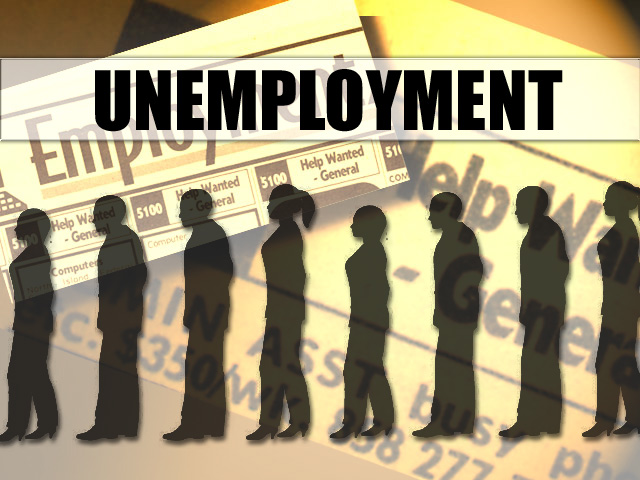FEATURE: Unemployment threatens Iraq's future
 Baghdad - Mostafa Hussein, a young man from Baghdad, once dreamed of joining Iraq's security forces to help end the fighting that has torn his country apart in recent years.
Baghdad - Mostafa Hussein, a young man from Baghdad, once dreamed of joining Iraq's security forces to help end the fighting that has torn his country apart in recent years.
And so Hussein joined the Sunni tribal police as a first step. He tried not to let the death threats he received as a result bother him. Undeterred, he applied for a job with the Iraqi police.
When the police turned him down, Hussein did not give up. He tried bribing his way into a job, also without success. All the government jobs, he said, are reserved for friends and relatives of government officials.
"I had to pay the equivalent of a two months' salary or more," Hussein told Deutsche Presse-Agentur dpa. "To get a job I have to pay a lot of money, more than I can afford."
A UN report released Sunday indicated that unemployment in Iraq has now hit 18 per cent. An additional 10 per cent of Iraqis have only part-time work, said the report, which was compiled by the UN Information Analysis Unit based on figures from 11 UN agencies, the government, and non-governmental organisations.
Equally worrying, the UN report found, nearly 60 per cent of full- time jobs in Iraq are with the government.
"The public sector overwhelms the private sector and can no longer expand," the report warned.
Half a million Iraqis are set to enter the labour market in 2009, and the public sector cannot possibly absorb all of them.
Because of the scarce opportunities available in the private sector, Iraqis are competing with each other for government jobs, which in turn creates more pressure on the public sector and could lead to a dependent workforce, the UN warned.
Government work has always been seen as stable. And salaries for public-sector employees are better now than they were under Saddam Hussein's government.
"Salaries are good. They meet the requirements of a decent living standard," said Bahera Wagdi, 26, who is unemployed. "These days to get a government job in Iraq is like a dream come true."
The Iraqi government believes that improving the security situation in the country is essential to attracting foreign investment in the country that it hopes will create jobs.
"As security continues to improve, the Iraqi government plans to implement rebuilding and reconstruction projects that will pave the way for international companies to invest in Iraq," said Abdel-Zahra al-Hindawi, a spokesman for the Iraqi Ministry of Planning, Development, and Cooperation.
"This will help put the capabilities of the unemployed to better use," he said.
Widespread unemployment threatens political stability, Guido Steinberg, a Middle East analyst at the German Institute for International and Security Affairs warned. For young men without jobs, the lure of militias is still strong.
"Militias are still proliferating, and anyone who wants to rebuild the state's power monopoly will have to integrate unemployed young men and militia members in the security forces and/or the labour market," Steinberg said.
The government is working on strengthening the private sector, including by lifting legal constraints that businessmen have complained make it difficult to start new businesses.
But efforts to rebuild the private sector, if they focus too much on energy, might not be as effective as creating employment as government policy makers hope, he warned.
"Oil and gas already dominate the Iraqi economy," Steinberg said. "Iraq will have problems reducing unemployment, even when it rebuilds its energy sector, because this sector in general does not create many job opportunities."
Disproportionate focus on petroleum can distort the economy and damage other sectors of the economy, Steinberg said. Rather than focusing so heavily on energy, he said, Iraq should focus on vocational training. (dpa)